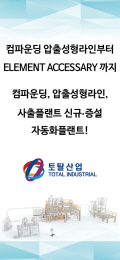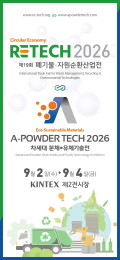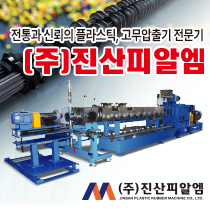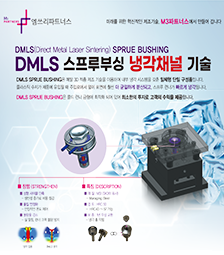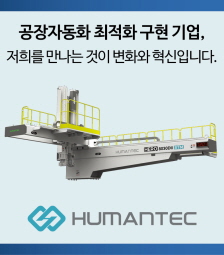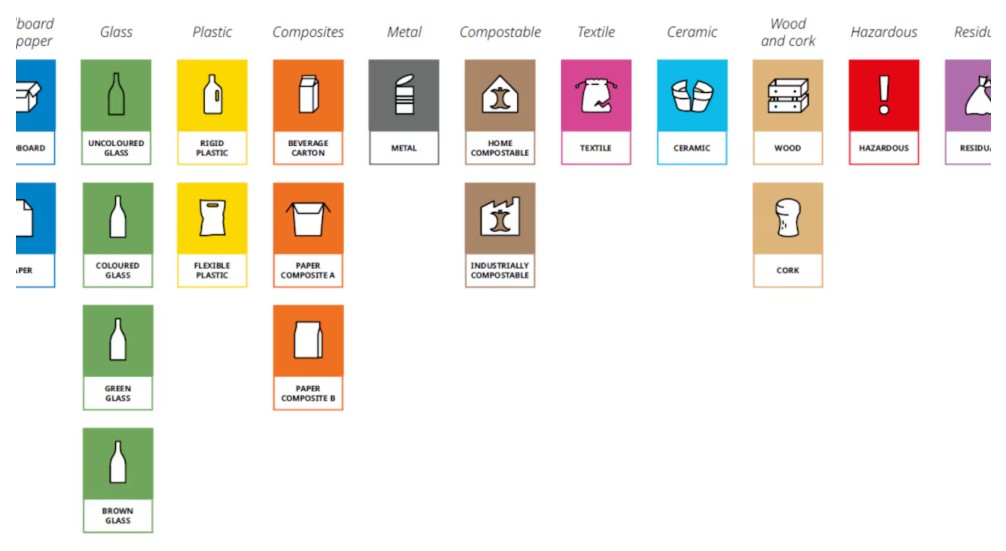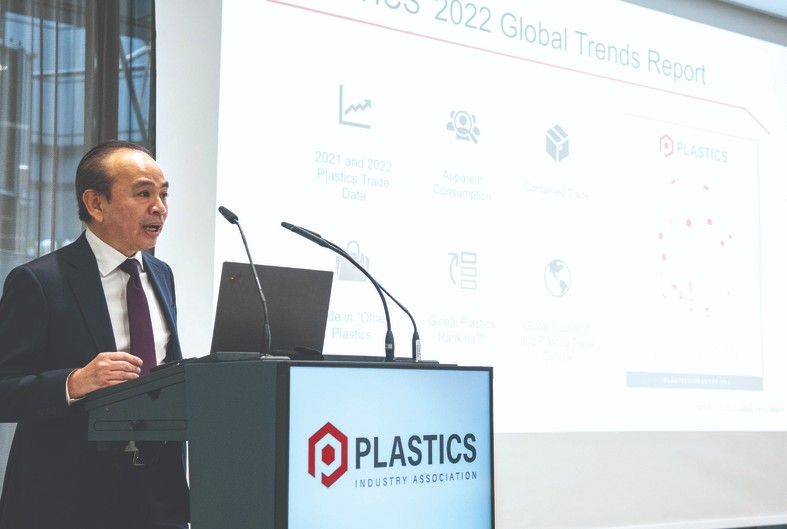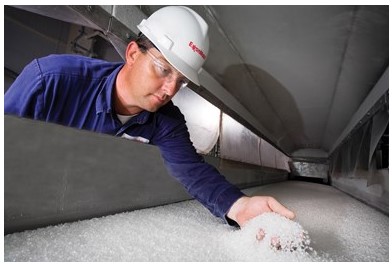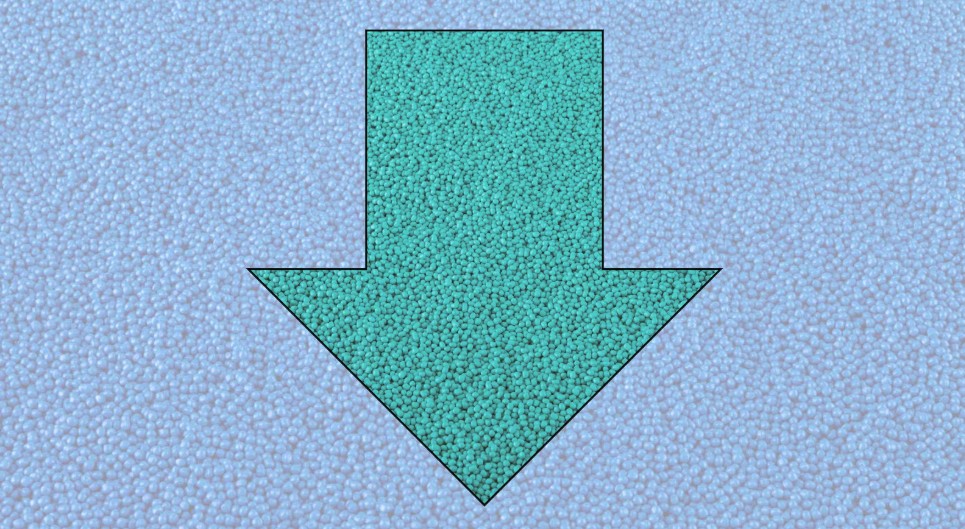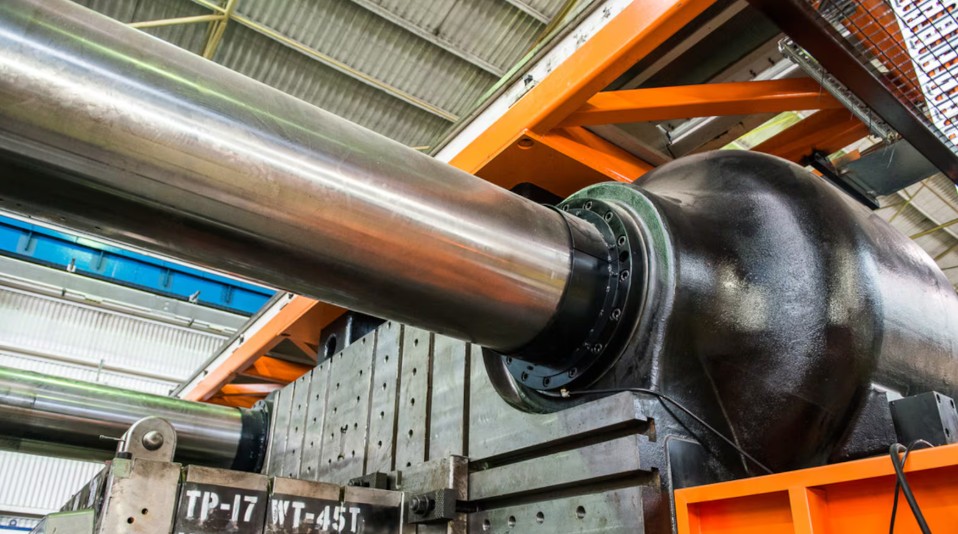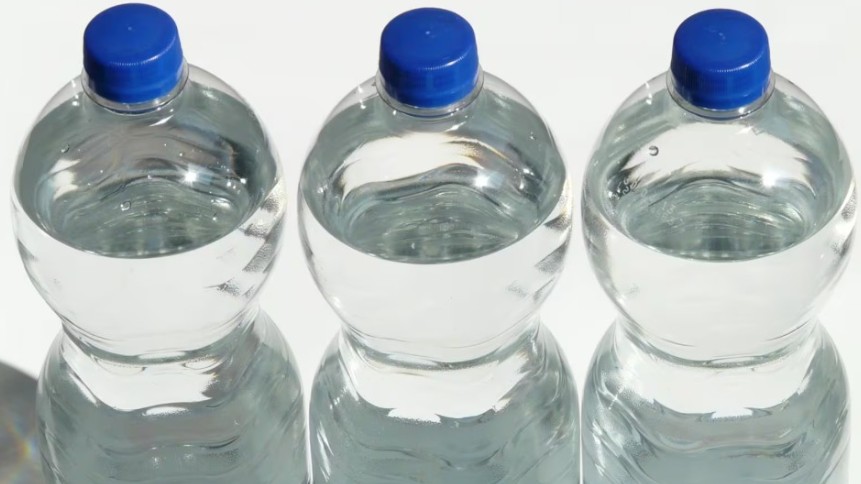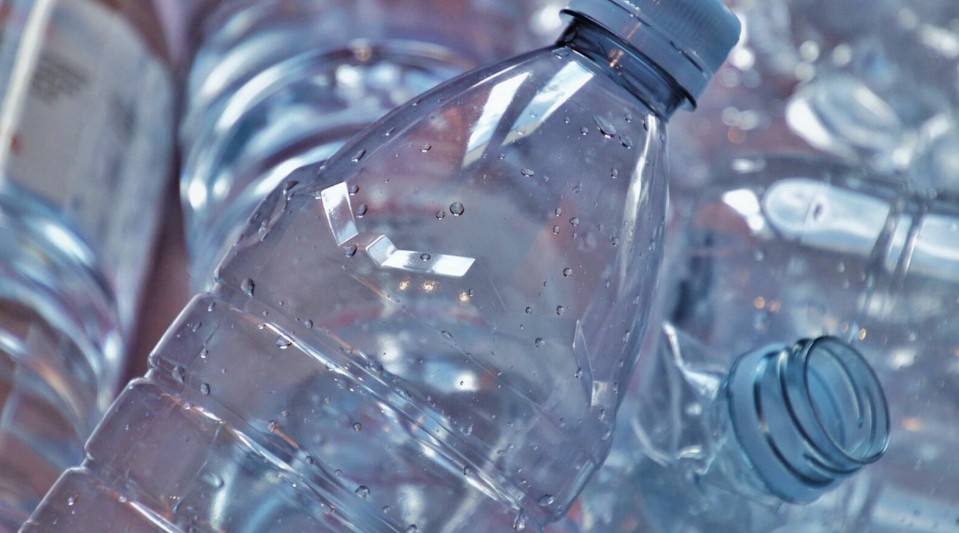Market trends
German industry says plastics treaty can boost recycling, speed investment
German industry says plastics treaty can boost recycling, speed investment
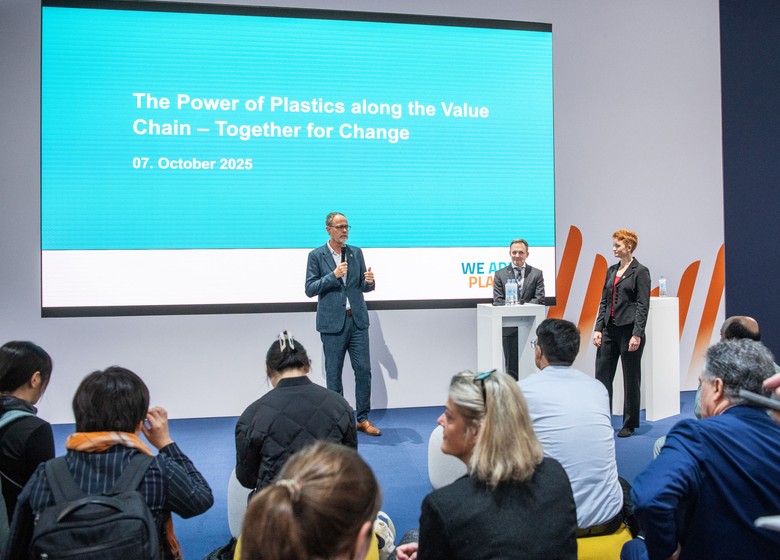
Caroline Seidel
Three plastics industry leaders from Germany — Thorsten Kühmann, general manager of plastics and rubber machinery association VDMA; Oliver Möllenstädt, executive director of the German Association of Plastic Converters; and Christine Bunte, head of Plastics Europe Deutschland — agreed there is a need for a global agreement on plastics sustainability.
The German plastics industry wants a global plastics treaty to boost recycling and waste management and quicken its transformation to a greener manufacturing industry.
That was the view from three German plastics associations at an Oct. 7 news conference on the eve of the K 2025 show in Düsseldorf.
While the plastics treaty talks have proven difficult — the last round in August in Geneva failed to reach agreement and press reports Oct. 7 said the head of the treaty process was about to step down — the associations said an agreement could help build a case for green investment in plastics.
"We are strong supporters of this global [plastics] agreement because we need regulations on a global scale," said Thorsten Kühmann, general manager of plastics and rubber machinery for the German VDMA association.
Similarly, the head of the German Association of Plastic Converters, or GKV, said the treaty and other policy should support increasing the use of recycled content and strengthen collection of plastic waste.
"It's necessary from our point of view, to start now with these investments, and these investments need a global framework," said Oliver Möllenstädt, GKV's executive director. "This is why we as a German plastics industry are very convinced that we need a global plastics treaty as soon as possible."
The third group at the news conference, Plastics Europe Deutschland, said that 2.7 billion people in the world lack access to waste management.
"That's almost every third person on the planet who does not have access, and that, of course, puts a tremendous pressure on the environment," said Christine Bunte, head of Plastics Europe Deutschland. "The global plastics treaty can really be a vehicle to install waste management on a global level and really improve that. And it can help turn plastics from a waste into a resource."
"It is really the one chance that we have, on a global level, to change the way that plastics, and particularly plastics waste, are being handled," she said.
Möllenstädt said the treaty, for example, could establish global standards for extended producer responsibility systems for plastic packaging.
He also outlined a seven-point policy framework for the European Union that GKV supported, including EU-wide design for recycling rules, developing the European single market for plastics recycling and rules for recycled content.
The groups, however, were particular about what they wanted — and didn't want — in any treaty, suggesting it should stay focused on waste management.
"From our point of view, the starting point must be waste management, it's an overwhelming aspect," Möllenstädt said. "All the other aspects can follow because a treaty on the United Nations level is not a monolithic structure which is ready at the beginning."
Some of the key stumbling blocks in the talks have been over whether the agreement should limit plastics production and strengthen global regulations around potentially hazardous chemicals and additives used in plastics.
The European Commission and many European countries in the treaty are part of a so-called "high ambition coalition" advocating for a more aggressive agreement.
But GKV said European nations should be more pragmatic.
"The European Union, the European Commission, started with very high ambitions in this negotiation of the plastics treaty," Möllenstädt said. "From our point of view, a more pragmatic way would be better to solve these problems. … It's necessary to build up structures to finance waste management in developing countries."
Tariffs ‘difficult way' to help US industry
VDMA said German-made injection molding machines will be at least 20 percent more expensive in the United States because of tariffs enacted by President Trump.
Kühmann said that will come from a 15 percent tariff on general machinery and imports, as well as tariffs enacted in August to put duties on the value of steel used in making plastics machinery, a potentially difficult figure to determine. He said U.S. manufacturing of injection molding machinery can only supply 10 percent of the U.S. demand.
"In the United States, you've got a strong plastics industry altogether, there's only one link which is missing, and that's the machinery side," he said. "In the case of injection molding … 90 percent of them are imported from Europe, Japan, Canada and China."
The U.S. tariffs, which apply to machinery globally, will raise the price of U.S. machines from 20 percent to 60 percent, depending on the country of origin of the equipment, he said.
"To make the American industry great again, that is a difficult way to handle this," Kühmann said. "If we want to have an open and global market, tariffs are definitely not the way you should prefer to go."
* Source : https://www.plasticsnews.com/news/eve-k-german-industry-wants-plastics-treaty-soon-possible

